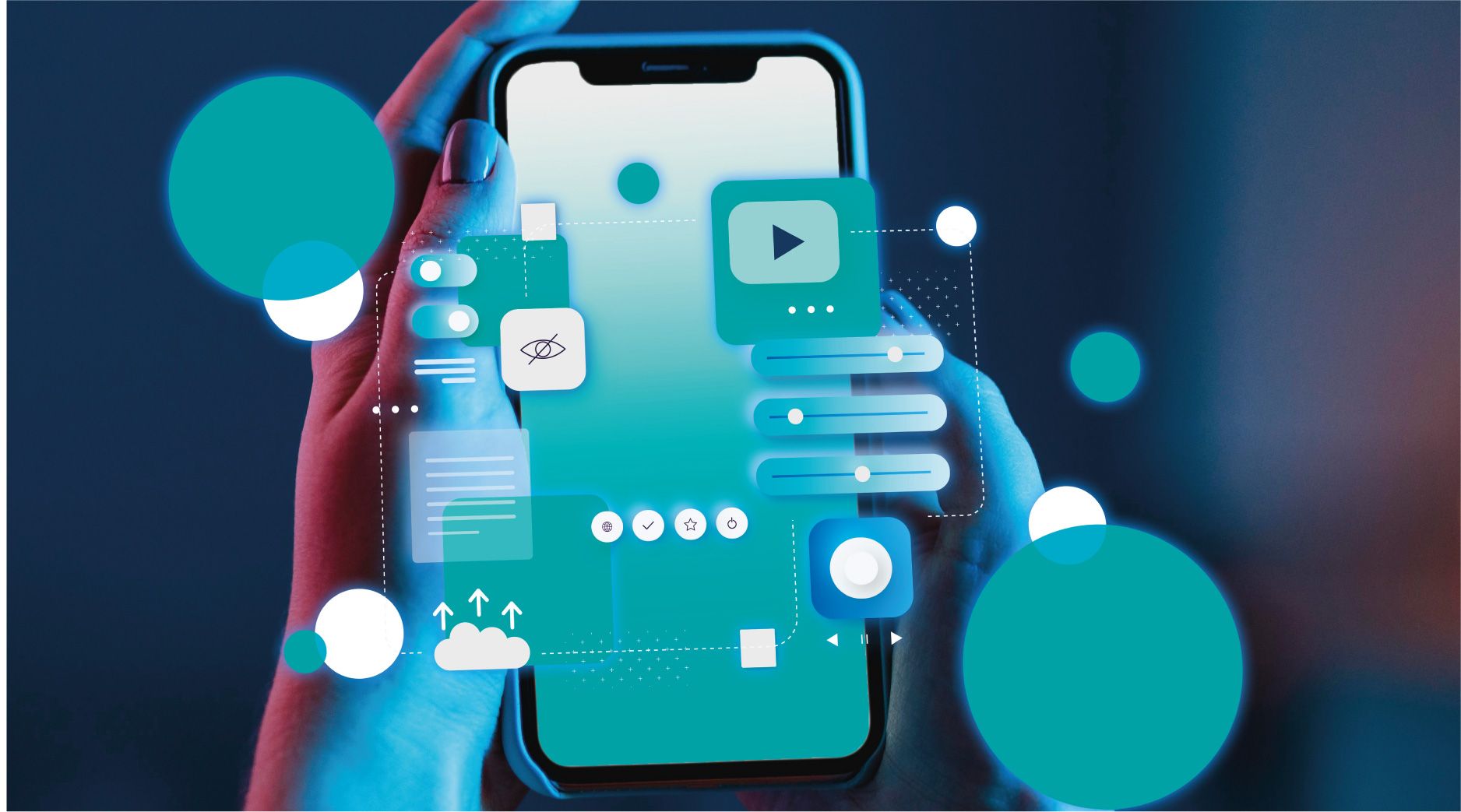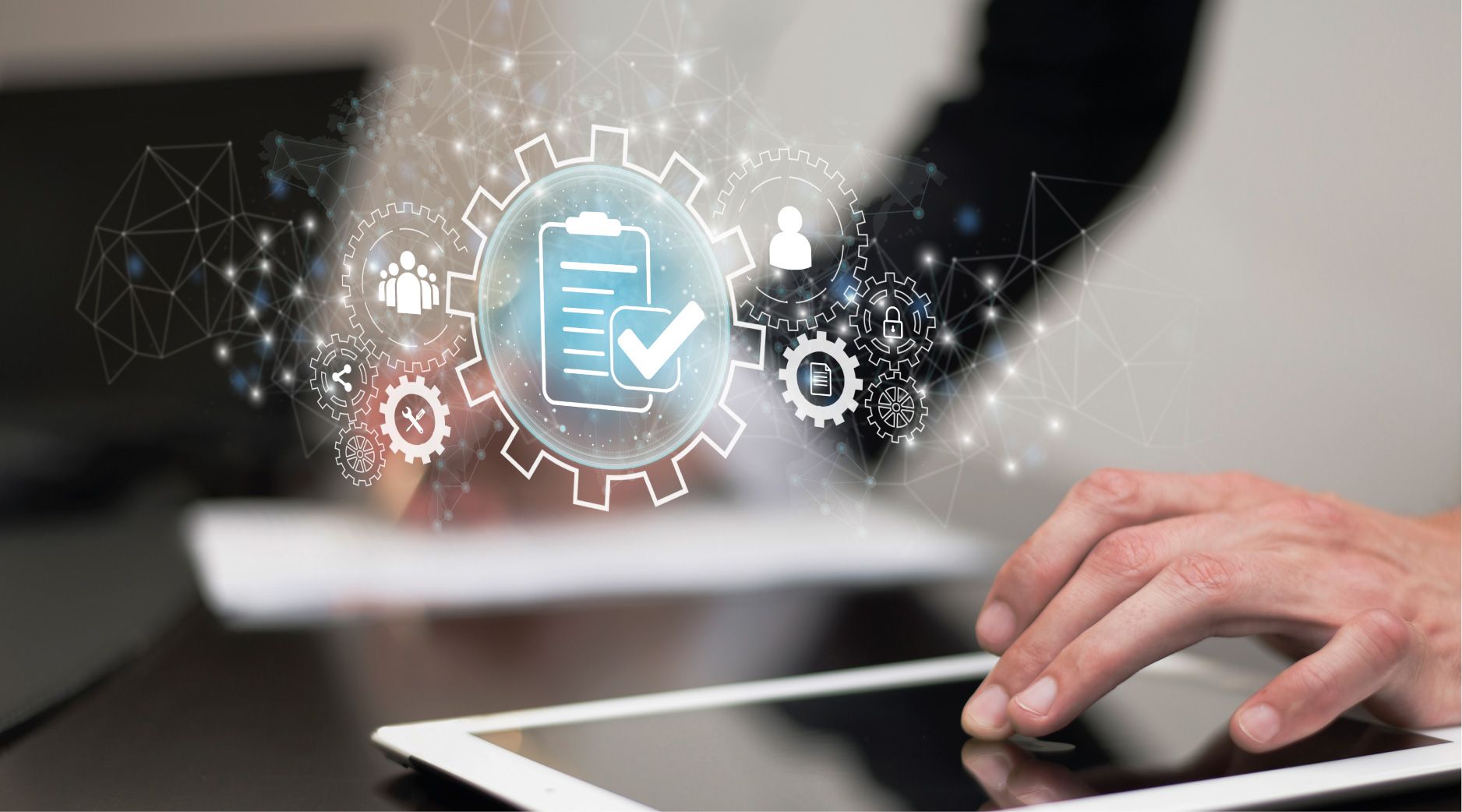

AI Paving the Way to Better Healthcare


Dennis Valverde
CCO
Artificial intelligence is making big waves in fields of medicine and healthcare. This partnership is currently one of the most exciting and tangible ways that AI is improving human life. Healthcare today is striking a balance between using AI computers to help with tasks and leveraging medical professionals to avoid any erroneous conclusions. So far the results of including AI in healthcare are largely favorable.
How does AI work? Basically, smart machines use algorithms and data to draw conclusions, thinking in ways that mirror the human mind but at much faster and more accurate rates.
For the purposes of this article we’ll touch on four ways AI is coming to the rescue in healthcare and medicine: diagnosis, drug development, personalized healthcare and increased access to care.
Diagnostics
Diagnoses are coming quicker and doctors are able to verify and communicate test results with accuracy and efficiency that hasn’t previously been present. Through deep learning, machines are taught to “read” x rays, scans or mammograms, noting irregularities. The machines are able to recognize irregularities by being fed vast amounts of data (in this case, images of healthy tissue versus images of tissue with irregularities.) A study in Nature Journal found that AI outperformed radiologists reading mammograms in both preventing false positives and false negatives. AI is on the path to improve diagnostics not only in breast cancer but in many other types of cancer, neurology and cardiology.
At Beth Israel Hospital doctors use AI enhanced microscopes to search for bacteria in blood samples at a far faster clip than using human eyes for scanning. Machines were taught how to search for certain bacteria in the blood with a 95% accuracy rate. However, to be clear, AI is not a replacement for radiologists, doctors and healthcare providers, only a supplement to their dedicated efforts.
Drug Development
In drug development AI is also playing an important role. The cost of bringing a pharmaceutical product to market is quite expensive and time consuming. AI comes into play in that it’s able to aggregate shareable data. There are vast amounts of data that mingle between researchers: clinical trials, health records, medical images and so on. AI can assist in correlating, assimilating, and connecting data, allowing researchers to draw conclusions and test hypotheses with greater speed. This data aggregation ultimately allows new drugs to go through the research pipeline more quickly.
Personalized Healthcare
Personalized healthcare and treatment plans have an impact on patient lifespan. Research is showing that there are a great many differences in the factors that contribute to a disease. This means that the treatment should also be as unique as the patient’s situation. Different patients respond to drugs and treatments differently. Any kind of predictive work as to how a patient might respond to a certain drug is labor and time intensive, hence medicine has a tendency towards blanket approaches: If patient Z has disease X, the treatment is Y. However, thanks to AI we now have algorithms that can predict how patients will react to certain treatments. A properly trained computer is able to cross-references thousands of similar patients and compare their treatments and results to calculate how a patient will fare with a certain treatment course. This helps guide doctors in their recommendations for successful treatment and helps to personalize the approach.
Better Access to Healthcare
Right now more than ever, we’re seeing the world go online. Doctor’s appointments are no exception. AI provides interactive healthcare and facilitates appointments with doctors. Babylon Health is a company that has partnered with governments in the UK, Rwanda and Canada to assist in providing better access to care. In Canada Babylon created a chabot service that reviews a patient’s symptoms and can recommend a virtual appointment or an in-person meeting. Babylon is also using machines to narrow down the diagnostic process. According to the company’s website, machines can scan through “hundreds of billions of combinations of symptoms, diseases and risk factors every second. It helps identify conditions that may match the information a patient provides.” This information can lead to quicker diagnosis and effective treatment.
Since implementing predictive analytics (AI) in its operational system, John Hopkins Hospital has been able to admit 60% more patients with complex medical conditions from other hospitals, and ambulances are now dispatched 63 minutes sooner to pick up patients from outside hospitals.
What we’ve covered off here is just the tip of the iceberg. AI and medicine are partnering to make huge strides in wellness. We’re living in an exciting time where AI machines are working with humans to change healthcare across the world, increasing healthy, happy lifespans.
Let's meet and talk
We're here to help you accomplish your projects. Ask us anything, or schedule a call.
Let's meet and talk
We're here to help you accomplish your projects. Ask us anything, or schedule a call.
See_


Dennis Valverde
CEO


Dennis Valverde
CEO


Dennis Valverde
CEO